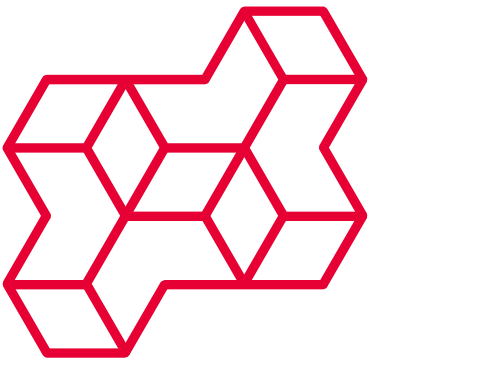The development of the Ariane 6 launcher will enable Europe to secure independent access to space. Development efforts are aimed at significantly reducing production and launch costs. Due to strong competition as well as private companies that have established themselves on the market, it is becoming increasingly difficult to prevail in the competitive environment. Therefore, it is necessary to strengthen the economic and technical attractiveness of the European carriers and also to be able to organize the continuous adaptation and improvement in a cost-efficient way.
A major part in the development and continuous improvement of space systems is the mechanical design of the components. In recent years, the disciplines of deep learning (DL), computer-aided engineering (CAE), and 3D printing have emerged across disciplines as three of the most dynamic research fields in the world. Almost simultaneously, these techniques are finding their way into industrial applications with sometimes astonishing success.
In the Design-KIT project, we aim to increase the intersection of these three highly active, rapidly evolving fields, explore concrete solution concepts for component development problems in aerospace engineering, and then implement them in prototype form. The core goal of the project is to be able to design lightweight interfaces as automatically as possible. Until now, the design of lightweight components has required a large number of hours of highly qualified personnel. To this end, it is desirable to increase resource efficiency in all industrial sectors. In the technology field of aerospace, however, this efficiency is particularly important: every kilogram of weight that can be saved on the component of an upper stage means a kilogram more payload.
The WG Industrial Mathematics is responsible for the subproject Deep Learning for geometry generation of mechanical components in this joint project.

